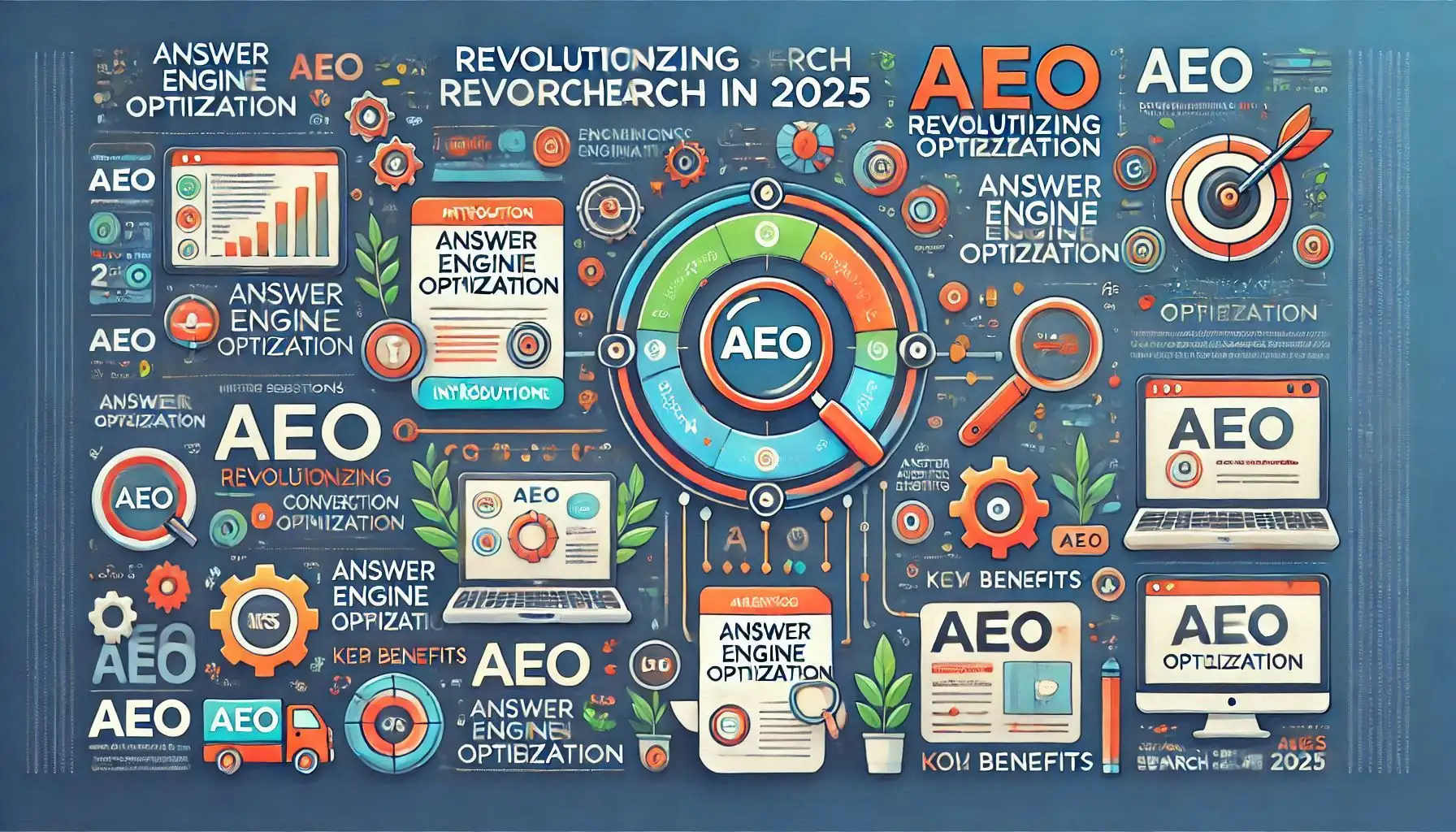The rise of artificial intelligence (AI) has transformed many areas of life, including academic writing. Students face numerous challenges when writing research papers, from organizing ideas to properly citing sources. Free AI writing tools promise to ease these burdens and enhance the overall writing experience.
The Rise of AI in Academic Writing
AI technology is reshaping how students approach research paper writing. Automated tools help streamline the writing process, making it faster and more efficient. These tools can suggest topics, generate content, and even assist in citations, giving students a valuable resource.
Challenges Faced by Students in Research Paper Writing
Many students find writing research papers daunting. Common challenges include:
- Identifying credible sources
- Structuring papers effectively
- Managing time constraints
- Maintaining academic integrity
These hurdles can lead to stress and procrastination, hindering academic performance.
The Promise of Free AI Writing Tools
Free AI writing tools offer promising solutions. They can assist in:
- Generating ideas and outlines
- Editing and proofreading
- Simplifying complex topics
Leveraging these tools can help students focus more on content and less on the technicalities of writing.
Top 5 Best Free AI Writing Tools for Research Papers
Tool 1: Grammarly
Grammarly is a powerful writing assistant known for its grammar and style checking features. It helps catch spelling errors, punctuation mistakes, and awkward sentences.
Use Case: Example Research Paper
A student uses Grammarly to refine their thesis statement and ensure clarity throughout the paper.
Limitations and Potential Drawbacks
The free version has limitations on advanced features like style suggestions. Some students may need to upgrade for more in-depth analysis.
Tool 2: QuillBot
QuillBot is designed for paraphrasing and summarizing. It rephrases sentences while retaining their original meaning, making it helpful for avoiding plagiarism.
Use Case: Example Research Paper
A student rewrites sections of their literature review with QuillBot, enhancing clarity and uniqueness.
Limitations and Potential Drawbacks
QuillBot may struggle with complex sentences. Users should double-check paraphrased content for accuracy.
Tool 3: Zotero
Zotero is an excellent citation management tool. It helps users collect, organize, and format citations in various styles, including APA and MLA.
Use Case: Example Research Paper
A student uses Zotero to gather and cite sources effortlessly while writing their research paper.
Limitations and Potential Drawbacks
The interface may be confusing for beginners, and setting it up can take some time.
Tool 4: ChatGPT
ChatGPT is an AI language model that can generate text based on prompts. It can help brainstorm ideas, create outlines, and suggest content for papers.
Use Case: Example Research Paper
A student asks ChatGPT for help with brainstorming ideas for a topic on climate change impacts.
Limitations and Potential Drawbacks
ChatGPT may produce inaccurate information if not properly prompted. Users should verify facts and figures.
Tool 5: Scholarcy
Scholarcy summarizes academic papers and identifies essential points. It’s great for literature reviews and quickly understanding complex studies.
Use Case: Example Research Paper
A student uses Scholarcy to distill relevant information from multiple studies for their research paper.
Limitations and Potential Drawbacks
The summaries may miss nuanced arguments or detailed information, requiring additional reading.
Beyond the Basics: Advanced Features of Free AI Writing Tools
Grammar and Style Checking Capabilities
AI tools often offer robust grammar checking to ensure polished writing. They can highlight stylistic inconsistencies, enhancing overall readability.
Integration with Popular Citation Managers
Many tools integrate seamlessly with citation managers. This helps maintain accurate citations and references throughout the writing process.
Advanced Paraphrasing and Summarization Techniques
Tools like QuillBot and Scholarcy provide advanced features for paraphrasing. They can help students rephrase text without losing meaning.
AI-Powered Research Assistance
AI can aid in generating topic ideas and conducting keyword research. This saves time and helps students focus on relevant materials.
Topic Idea Generation and Keyword Research
AI tools can suggest trending topics or crucial keywords based on current research trends. This helps in creating timely and relevant papers.
Literature Review Assistance
Some tools assist in reviewing literature, offering summaries and insights from multiple sources for comprehensive understanding.
Ethical Considerations and Responsible AI Use
Avoiding Plagiarism with AI Writing Tools
To maintain academic honesty, using AI tools carefully is essential.
Proper Attribution and Referencing
Always provide proper citations for any AI-generated content or paraphrased sections.
Ensuring Academic Integrity
Students must ensure that their work reflects their understanding and efforts. AI should support, not replace, original thought.
Limitations of AI and Human Oversight
AI cannot replace critical thinking. Students should analyze and evaluate AI-generated content.
Critical Thinking and Fact-Checking
Always verify AI-generated data with reputable sources to maintain credibility.
Responsible AI Use in Academia: Expert Opinion
Experts suggest using AI as a complement rather than a substitute for personal effort. This ensures academic growth and maintains integrity.
Tips and Tricks for Maximizing AI Writing Tool Efficiency
Optimizing Prompts for Better Results
When using AI tools, clear and specific prompts yield better outputs. Unclear questions may produce irrelevant information.
Understanding AI Tool Limitations
Recognize that AI tools have limitations. Familiarize yourself with what each can and cannot do.
Effective Collaboration Between AI and Human Writers
Combine human creativity with AI efficiency. Use tools to enhance the writing process while ensuring personal input remains strong.
Best Practices for Utilizing AI in Research
Creating a structured workflow improves productivity with AI tools.
Time Management Strategies
Plan ahead and allocate specific times for using AI tools to maximize their benefits.
Workflow Optimization with AI Tools
Use multiple tools in conjunction for a streamlined writing process. Pair a grammar checker with a citation manager for efficient results.
The Future of AI in Academic Writing
Emerging Trends and Technologies
AI technology continues evolving, with new features regularly introduced. Staying updated on tools can improve writing strategies.
Potential Impact of AI on Research Practices
Data shows that AI adoption is increasing in academia. Students and educators are recognizing its potential in research enhancement.
Predictions for Future AI Writing Tools
Experts predict more sophisticated tools capable of nuanced writing and deep contextual understanding will emerge.
Challenges and Opportunities
There are concerns about ethics and integrity as AI use grows. Balancing the benefits and challenges is vital for responsible adoption.
Conclusion: Harnessing the Power of Free AI for Academic Success
Key Takeaways
Free AI writing tools offer significant benefits, including efficiency and support, while also posing challenges regarding academic integrity.
Call to Action
Explore these tools to see how they can enhance your academic writing. Experimenting with AI may open new pathways for your research.
Future Outlook
The role of AI in research is expanding. By embracing these tools, students can better navigate the complexities of academic writing.



